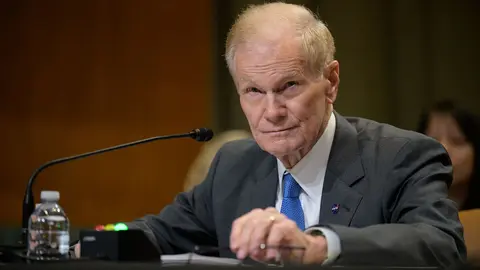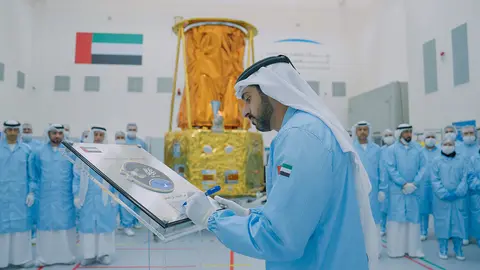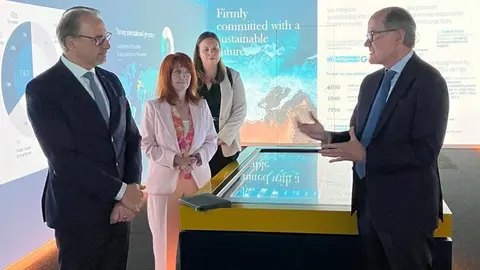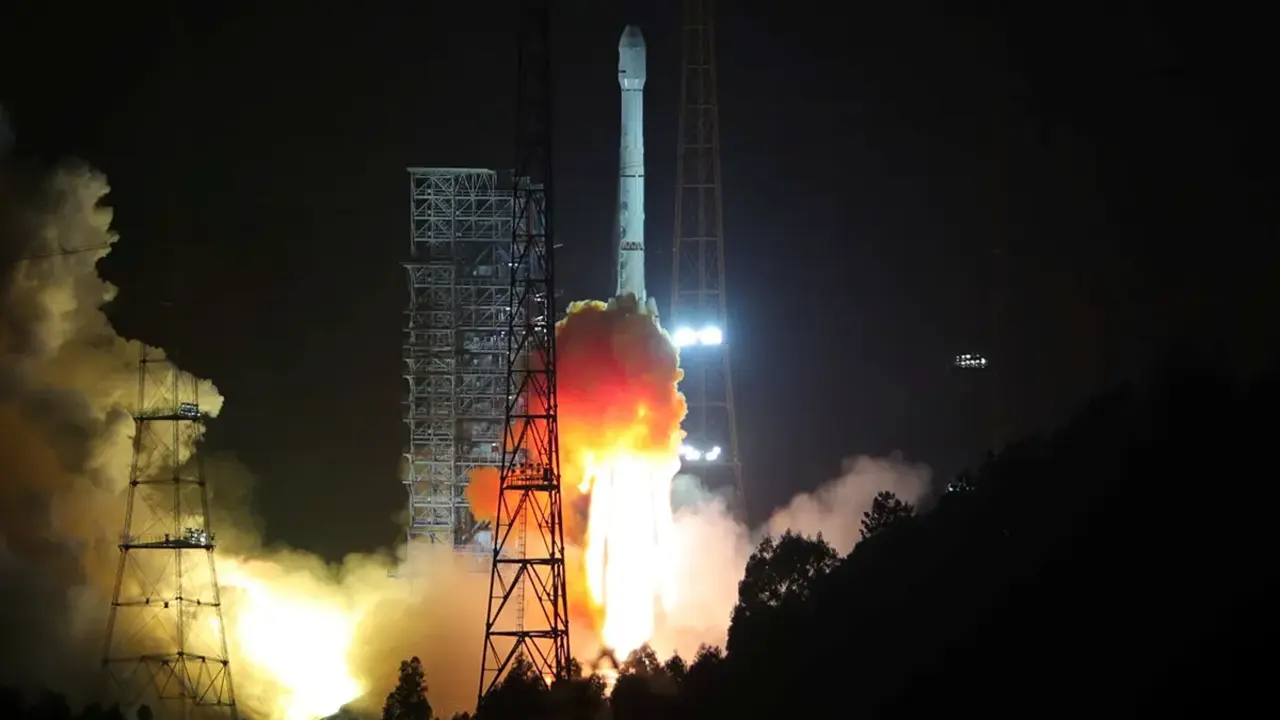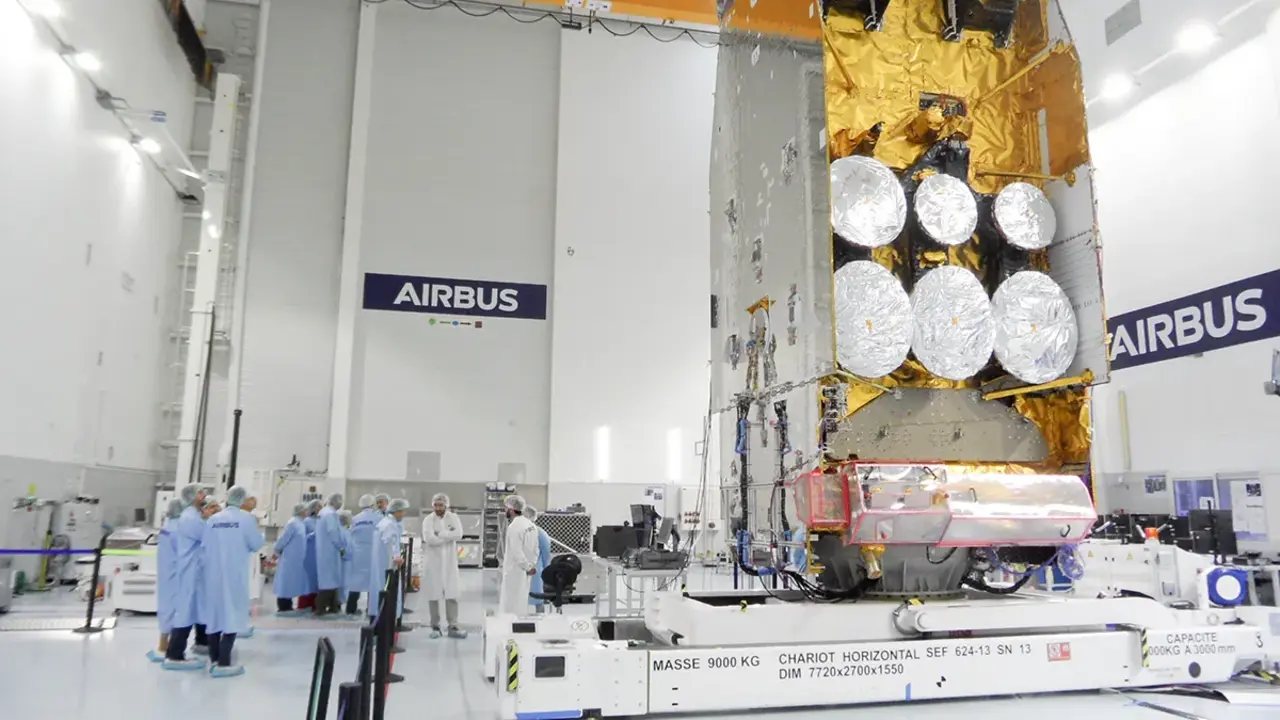In the sights of Víktor Orbán's Hungary: Talgo and an astronaut in orbit in 2025

Although the Hungarian government has been derailed in its first attempt to take control of the Spanish railway company Talgo, the greatest industrial ambition of its prime minister, Víktor Orbán, is not in land transport. It lies much further afield. It is in the space sector.
The great aspiration of the extroverted head of the Magyar government is to strengthen the fabric of its national space industry, increase its size and investments and turn it into a benchmark for the Central European countries that belong to the European Union and are part of the European Space Agency (ESA), mainly the Czech Republic, Poland and Romania.
The starting pistol with which Víktor Orbán hopes to realise his goal has already been firmly closed with a private company from the United States, to Russia's disappointment. Budapest and Moscow negotiated between 2019 and 2021 the possibility of training and sending a Hungarian to the International Space Station (ISS) in a Soyuz capsule. But it is the US company Axiom Space that will make it possible.
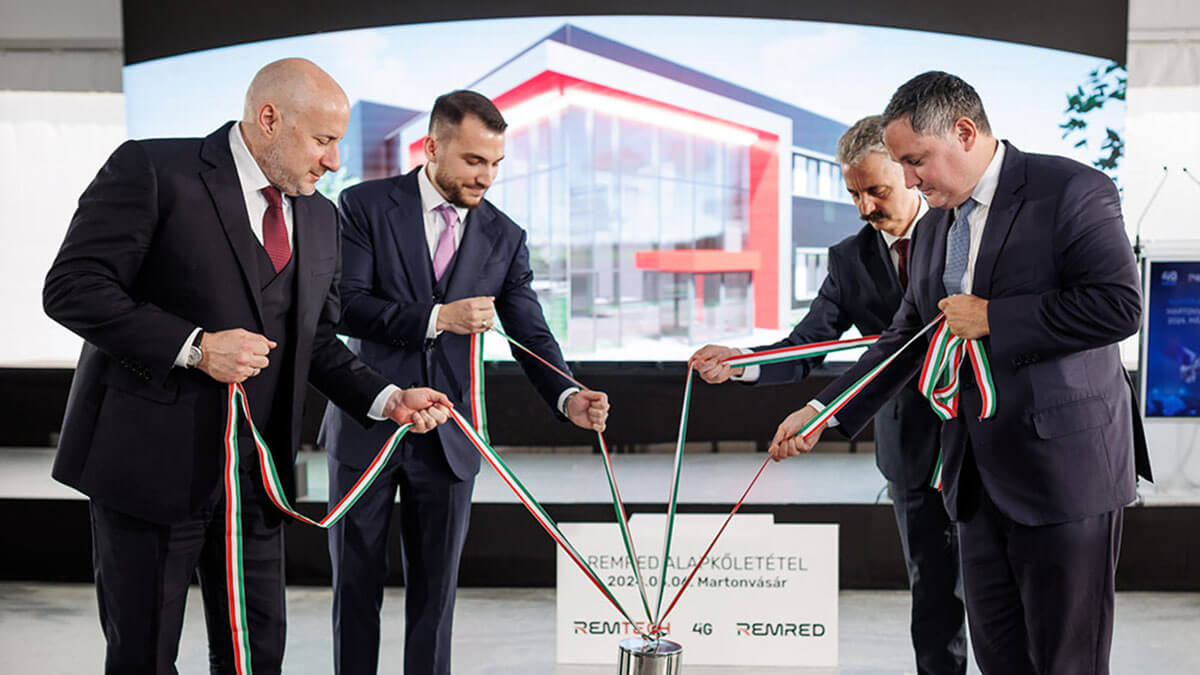
The Budapest government had planned for the flight to space of its fellow citizen to take place in the second half of 2024. During this period, Hungary holds the rotating presidency of the Council of the European Union, which began on 1 July and ends on 31 December. But the launch was not to be, and will not take place from the Kennedy Space Center in Florida until spring 2025 at the earliest.
The delay of Axiom's Ax-4 private space mission is not a serious setback for Viktor Orbán, on the contrary. Hungary is due to hold a general election in early 2026, and the politician is aiming to win his fifth consecutive prime ministerial election, which the astronaut will no doubt help to achieve. Sending a man into space is one of the milestones to strengthen Hungary's fledgling space sector.
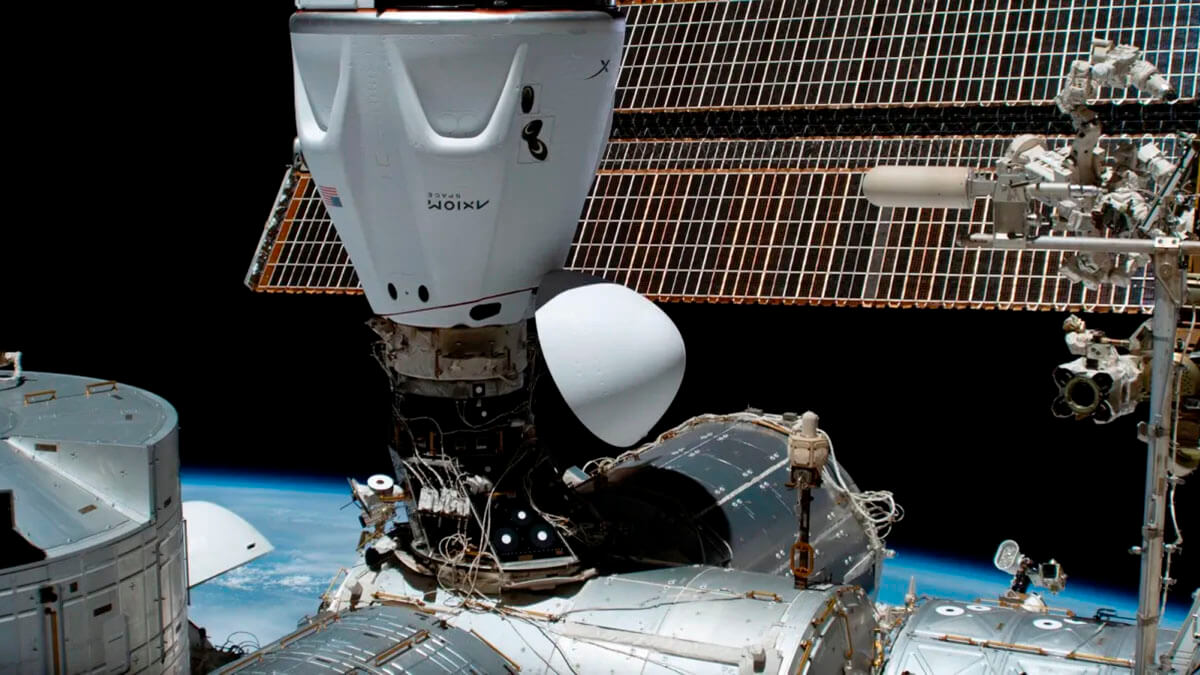
Growing the space industry
Sixty-one years old and in power since 2010, Víktor Orbán's interest in space affairs has been on his mind for more than a decade. In February 2015, less than a year after assuming his second prime ministership in May 2014, he was the architect of Hungary's accession as a full member of the European Space Agency (ESA) and became the last of the 22 European states to date to join the organisation.
But the first Hungarian astronaut of the 21st century will not be going into space with ESA, although his Astronaut Centre in Cologne, Germany, has trained him in basic life support techniques in space, drawing blood and suturing wounds. The Hungarian astronaut candidate is Tibor Kapu, a 33-year-old engineer, who was selected from among 244 candidates - 205 men and 39 women - under the HUNOR programme, an acronym for Hungarian to Orbit, a government project included in the Hungarian Space Strategy approved in 2021.
The HUNOR project is under the control of the Department of Space Activities headed by Orsolya Ferencz, an organisation of the Ministry of Foreign Affairs and Trade. Since 2018, this organisation has been in charge of space-related activities, research and work and acts as Hungary's de facto space agency.
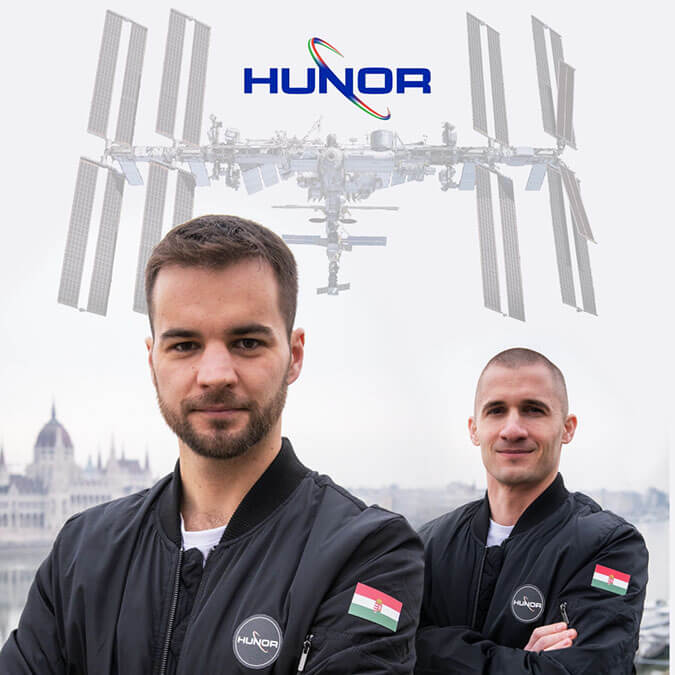
Foreign Minister Péter Szijjártó announced the appointment of Tibor Kapu at the end of May. He is also tasked with raising interest in outer space issues among young people and the Hungarian society. Kapu and his travelling companions - an Indian and a Pole - have been at Axiom's headquarters in Houston, Texas, since 1 August, where they have begun their elementary astronaut training before moving on to NASA's Johnson Space Center, where they will complete their training.
For the small but industrious central European nation of 9.5 million inhabitants and the size of the Castilla-León region, taking a Hungarian into space is a re-entry into the international space arena. But it should be noted that Orbán's ultimate aim is to encourage the business community to invest and grow the space industry. At present, there are some 70 small and medium-sized entities, including companies, research centres, official institutions and university working groups.
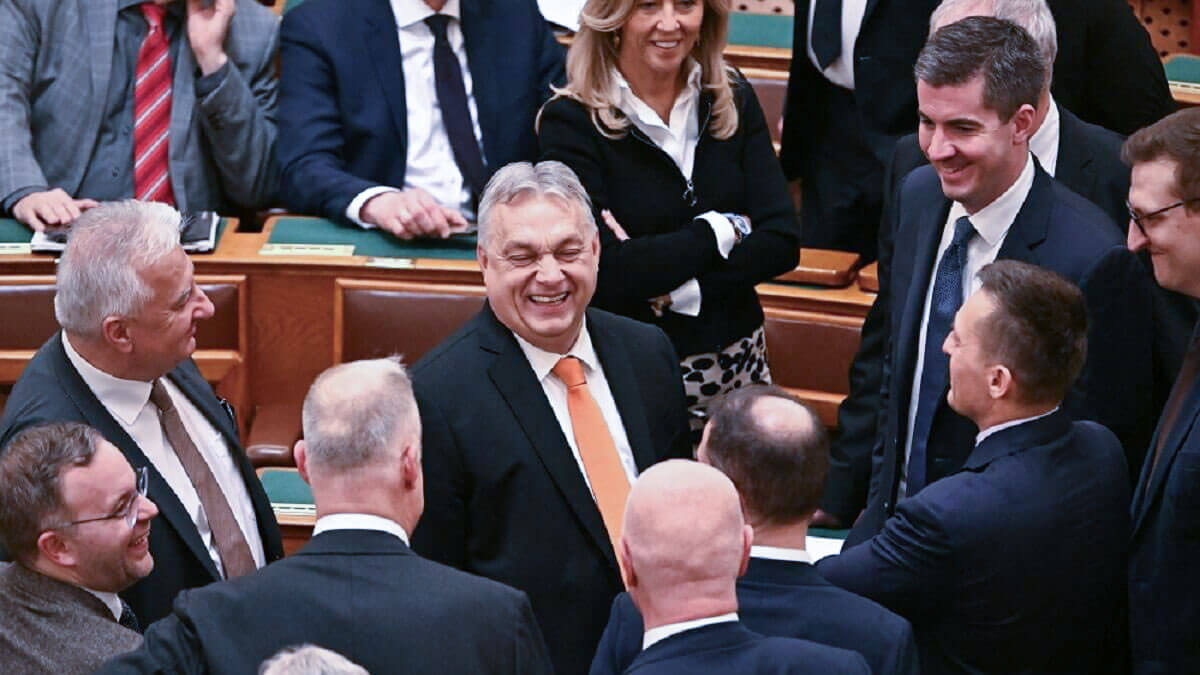
Viktor Orbán and his strategic business partner
The Budapest government's activities aimed at boosting the space industrial fabric are unstoppable. The company at the helm of the sector is 4Gi, a public-private technology group that describes itself as a ‘strategic partner of the government’, with a workforce of 8,000 people.
Focused on telecommunications, 4iG has refocused its business portfolio in the last two years to become the regional leader in the space and defence industry. German defence industry giant Rheinmetall holds a 25.1% stake in 4iG, which is not surprising: 21% of Hungary's imports come from Germany, to which 26% of its exports go, according to EU statistics.
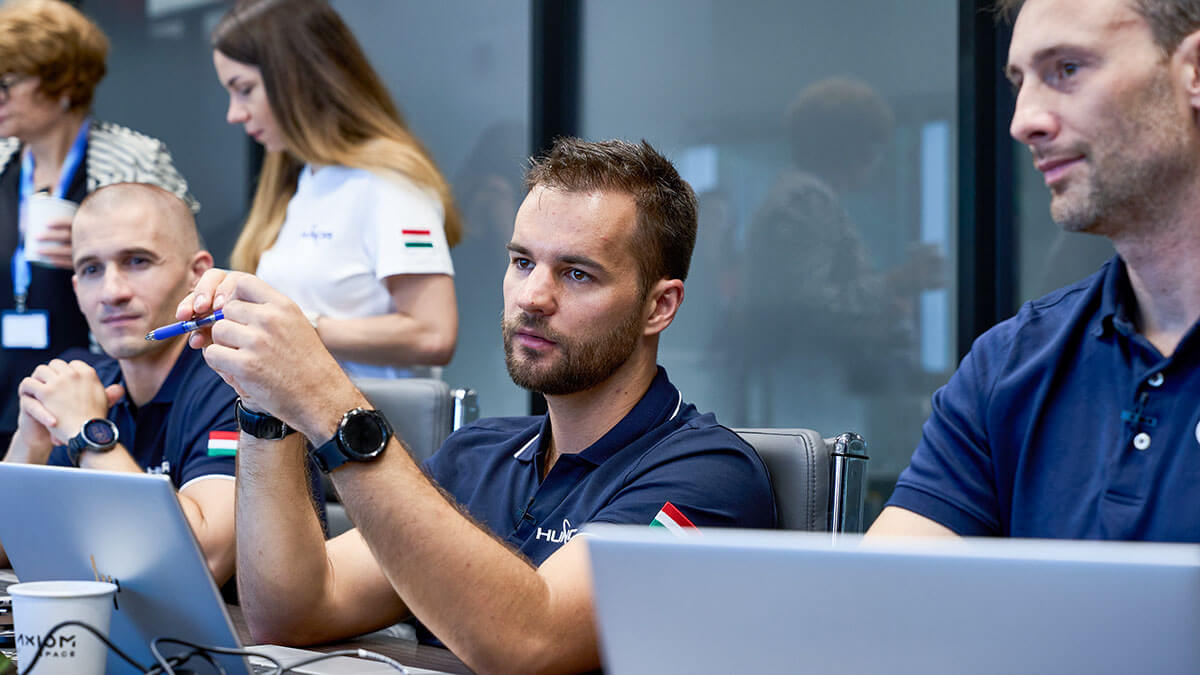
In May, Hungarian Finance Minister Márton Nagy laid the foundation stone for the so-called Space Technology Manufacturing Centre. It is a new 4,000 square metre industrial complex that 4iG and its subsidiary Remred have under construction in Martonvásár, near Budapest, where they intend to design, manufacture, integrate and test small satellites weighing up to 400 kilos.
The centre is scheduled to open in 2026 and will include clean rooms, laboratories and equipment for environmental, acoustic, mechanical, vibrational, electromagnetic and vacuum testing with the aspiration of becoming a unique infrastructure in the Central and Eastern European region.
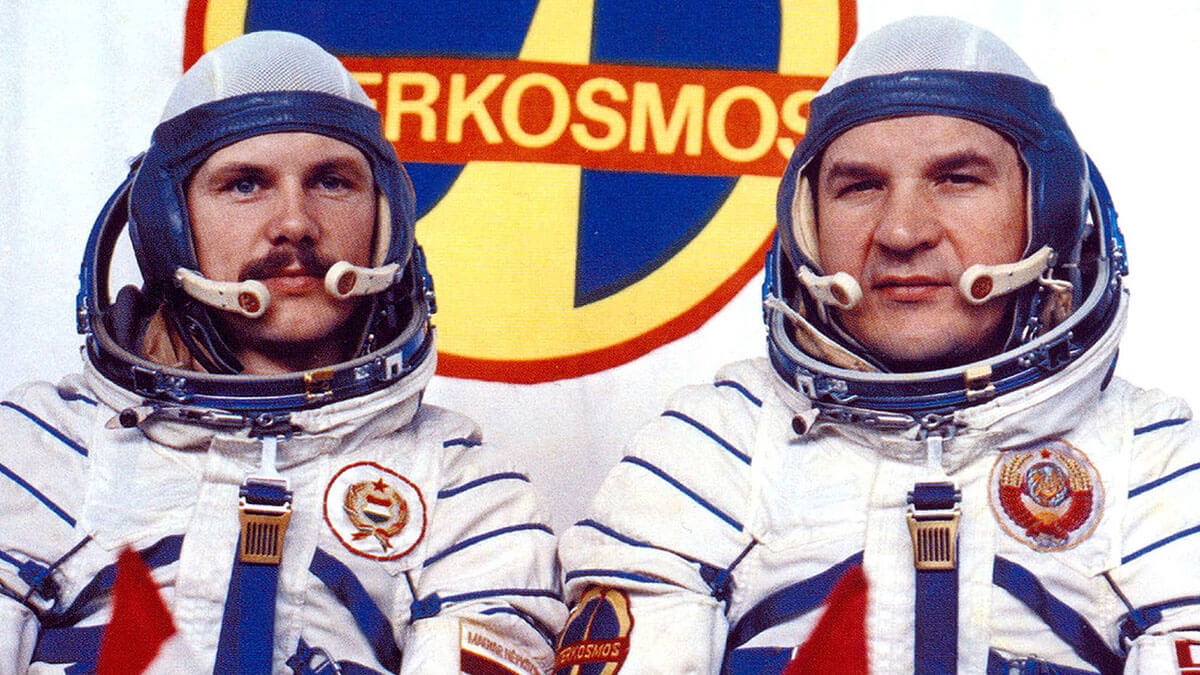
Tibor Kapu's planned space flight is the second by a Magyar national. The first was cosmonaut Bertalan Farkas, an air force fighter pilot, who took off on 26 May 1980 from Baikonur to the Salyut 6 orbital complex together with Soviet cosmonaut Valeri Kubasov on the Soyuz 36 mission of the Interkosmos cooperation programme. Farkas returned seven days later and has not returned to space. He is a retired colonel and has just turned 75.


